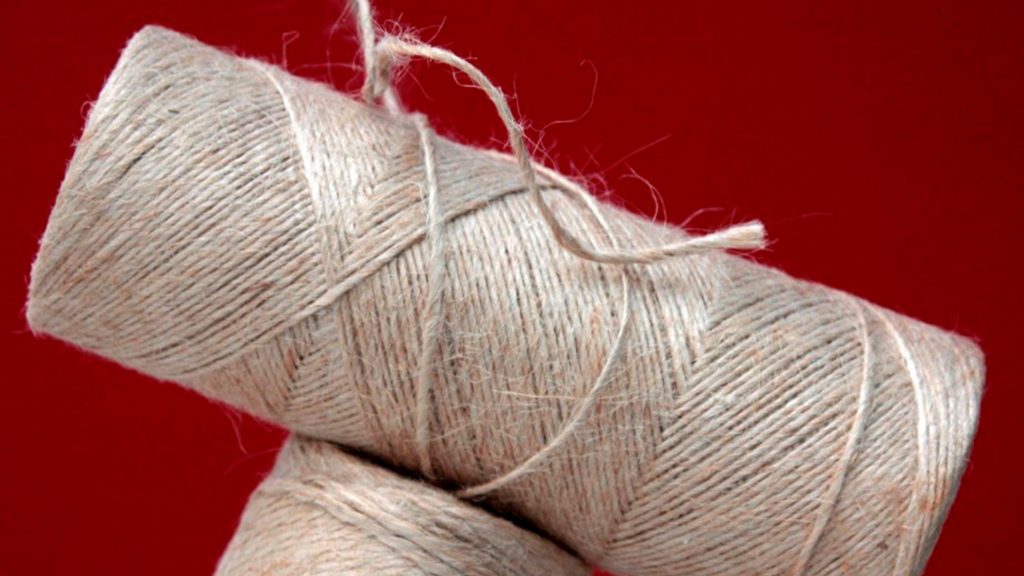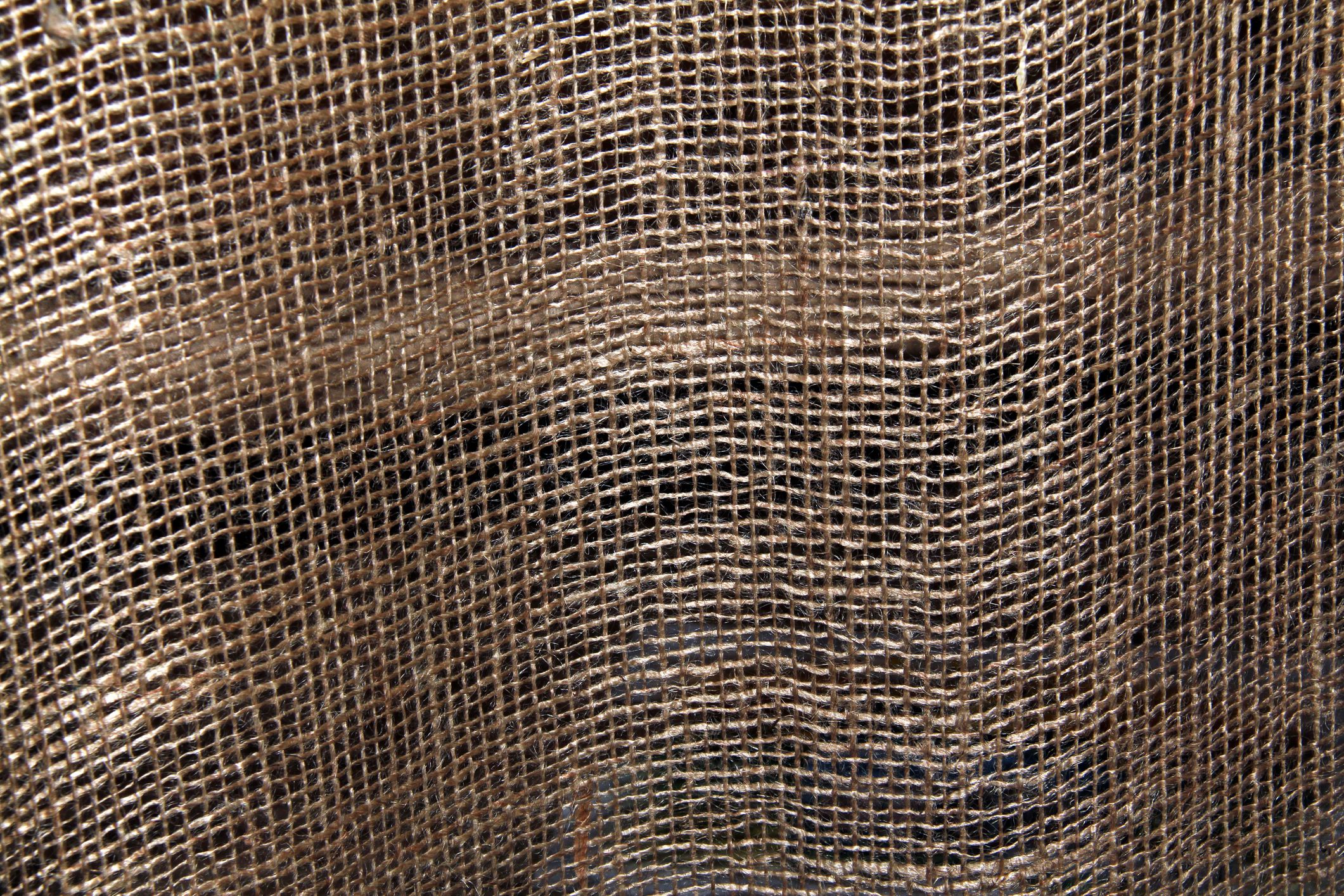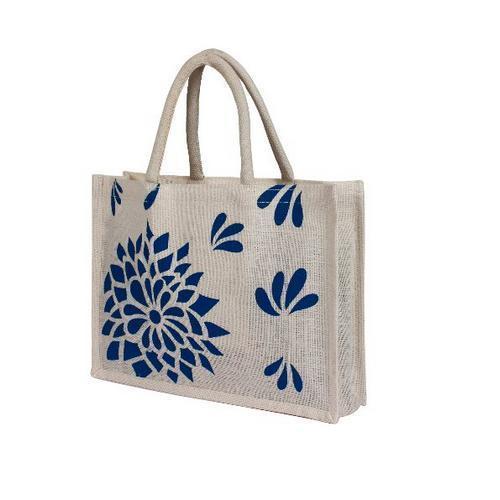Jute (also known as Golden Fiber) is a natural fiber & has been used since ancient times mostly as wearing fiber. It’s one of most affordable, Eco-friendly, biodegradable & recyclable material in the world.
Brief on Jute
Jute is name of a plant & it’s fibers are used to make gunny cloth & one of most affordable natural fiber. It is soft, flexible & durable fiber in tan to brown natural color. Its fibers are long, lustrous & soft to touch.
Jute fiber is extracted from the stem & outer skin (ribbon) of the plant. Leaves of plant can also be cooked & well known for its benefits. It requires a warm & humid climate with temperature b/w 22 degrees to 36 degrees & new gray soil of good depth & flowing salty water. But water logging & constant heavy rain can damage jute crops.
India along with neighboring countries like Bangladesh & China form three major producers. For this obvious reason it plays a vital role in lively hood of millions of rural families. In terms of amount produced & variety of uses, its second only to Cotton.
Wide spread uses of Jute as a material
Light weight, sturdy construction, Eco-friendliness & bio-degradation properties of Jute material makes them ideal choice for multiple usages as,
- Making Cloth used for stitching bags,
- Wrapping items and Sacks in packaging industry & construction
- However with proper plastic lamination can be made waterproof
- Woven to make curtains, chair covering, backing for linoleum
- Carpets, rugs, floor mats & rugs
- Home decor & accessories
- Gifts, Return gifts, Wedding gifts
Benefits of using Jute material
Being one of the oldest raw material it has contributed towards many sectors from ages & few of the advantages are,
- Wash-ability & faster drying
- Easy to clean & maintain
- Fire resistant due to inherent structure & natural oils but not to be if exposed for long to fire
- Physical properties like high tenacity, lesser bulkiness
- Low thermal conductivity
- Economic & less priced
- Easy to cut & use as required quality
Disadvantages of using Jute
- Strength deteriorates with time
- Becomes softer in presence of moisture
- Stretches over period of time
- Freshly cut edges fray
- Poor crease resistance
- Yellowing in sunlight
Process of manufacturing bags from Jute
Step to step generic procedure is as follows,
- Selecting raw jute followed by piecing & softening
- Spinning to extract yarn & weaving to make cloth
- Lamination with PP & cutting according to size & design of bag
- Printing on cut pieces as required for logos, personalized texts & quotes, pictures etc
- Stitching to bring together cut pieces & give shape of a bag
- Attaching handle or straps as designed
- Putting Buttons & Zips
- Checking & inspecting
Various types of bags made from Jute
- Shopping bags
- Conference bags
- Pouches
- Beach bags
- Corporate bags
- Cosmetic bags
- Laptop bags
- Promotional bags
- Wine bags
Zippy Bags is one of the customized bag manufacturers, dealers & suppliers & uses quality Jute Fabric to manufacture bags. We are the wholesale dealers in Bangalore having the experts & capability of manufacturing 1000’s & lakhs of Jute Bags for bulk order and supply them for you without any hassle. Our manufactured Jute bags are sold in shops in major cities of India like Bangalore, Mysore, Chennai, Mumbai, Kolkatta, Ahmedabad, etc.
Let you have any Jute Bag requirement of any quantity, we will be able to do it at Zippy bags, Bangalore, Karnataka.
Wide spread availability & advertisements of Jute items of any size small to big on online portals. Plenty of videos are available on Youtube elaborating advantages & usage of Jute bags.


